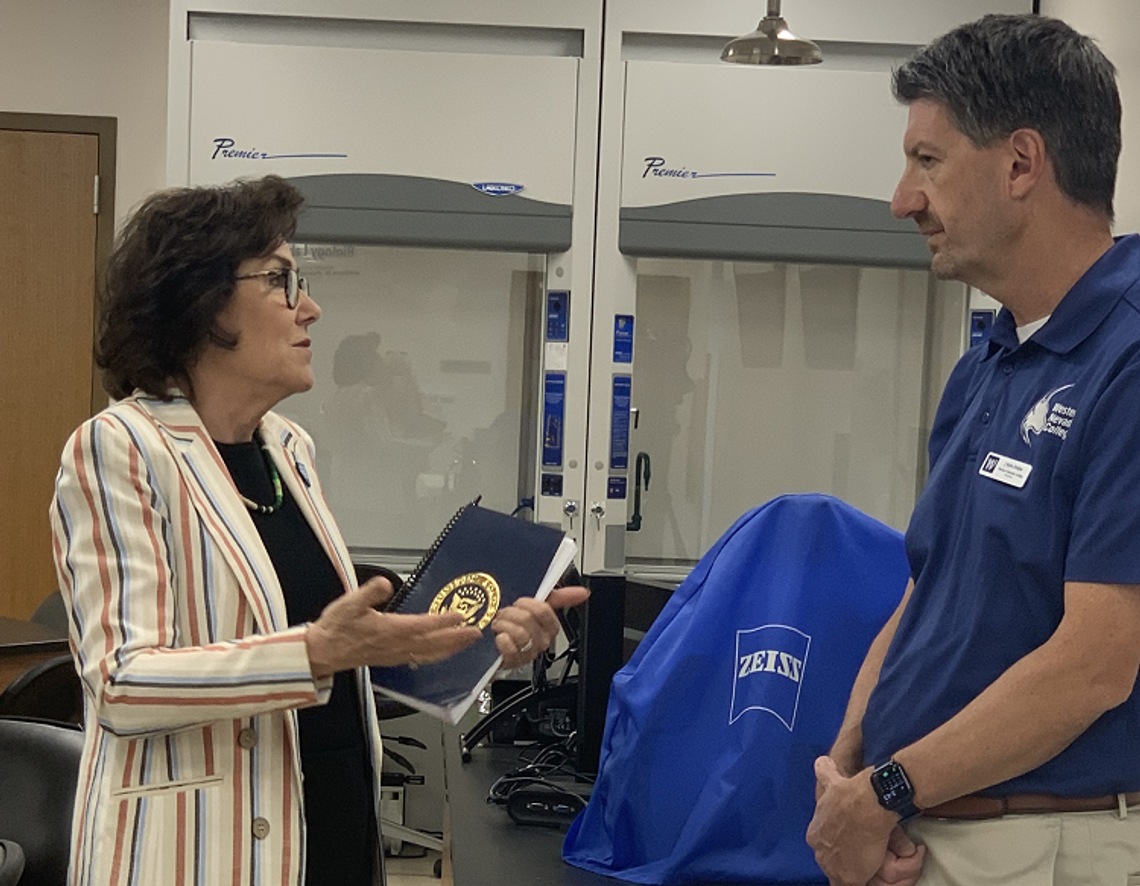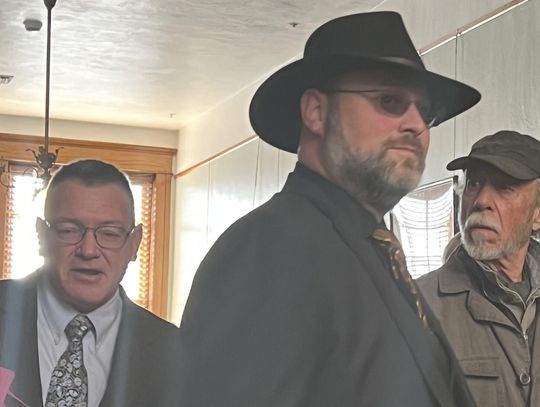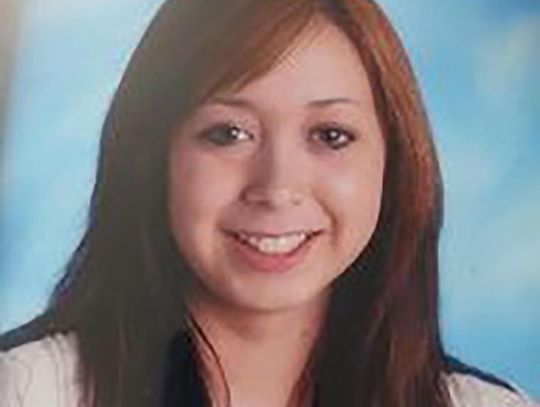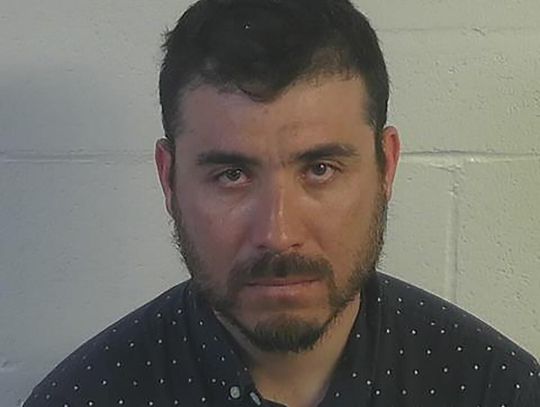Nevada is contending with a critical shortage of medical professionals, presenting significant challenges to the healthcare system statewide. The demand for healthcare professionals, including nurses, medical assistants, and doctors, far exceeds the available supply across all communities in the state. This scarcity of medical care compromises the quality of patient care and strains those dedicated to serving Nevada residents, often pushing them beyond their limits.
It is widely known that Nevada’s healthcare infrastructure in rural areas is inadequate, and the availability of medical education programs is limited. To address the former issue, state and federal authorities recognize the necessity of resolving the latter. This is precisely the aim of WNC in Fallon, and they are receiving significant support from Senator Jacky Rosen (D-NV) through $2.3 million in Congressionally Directed Spending.
Senator Rosen recently visited the WNC Fallon campus to tour the nursing and Allied Health training facilities. Allied Health trains students in areas like medical fields like phlebotomy, Certified Nursing (CNA), and medical assistant training. During the visit, the senator met with program administrators to discuss their plans for relocating the medical training area to the central campus building, currently occupied by Oasis Academy, whose lease concludes in 2024. WNC President Kyle Dalpe, who led the tour, stated that renovations will commence next year after the new space is available.
Accompanied by other WNC Nursing and Allied Health program administrators, Dalpe showed Senator Rosen various areas, including the simulation rooms. These rooms allow students to simulate scenarios with anthropomorphic test devices, imitating adult, child, and baby patients. The simulation lab provides students with hands-on experience, enabling them to electronically record patient data, much like in hospitals and other medical facilities. Notably, the acquisition of a baby device is seen as crucial to the program, as there is a shortage of healthcare professionals specializing in maternal care.
The program’s technology also allows for expanding learning through remote access to classes. “This is especially beneficial for students with additional caregiving responsibilities,” noted Senator Rosen, referring to those with children or aging parents. She firmly believes that cultivating high-quality healthcare professionals begins by investing in individuals within the community. Recognizing the challenges faced by those who relocate to the area and struggle to find the necessary support, she emphasized the importance of nurturing local talent and providing opportunities for retraining. “It can be hard when people move here and they don’t find the support they need, so we need to grow our own, be able to retrain, and be of service.”
During her tour, Senator Rosen also had the opportunity to visit the biology lab, where she witnessed advancements in healthcare and nursing training. Impressed by the utilization of state-of-the-art technology, she discovered that what appeared to be a regular gurney was, in fact, a virtual cadaver table. Senator Rosen stressed the significance of equipping new students with comprehensive knowledge of the human body and anatomy as they progress toward working with real patients. “New students need to be able to learn how the human body works and understand anatomy as they work their way up working with real patients.”
Senator Rosen believes that the grant awarded to WNC and the institution’s strategic use of the funding of a permanent training facility will greatly benefit students, the community, and the healthcare profession. She remarked, “To have this new technology and the exciting people to do this kind of work, right at home, for the people they care about in their community – there is nothing better than that.”










Comment
Comments